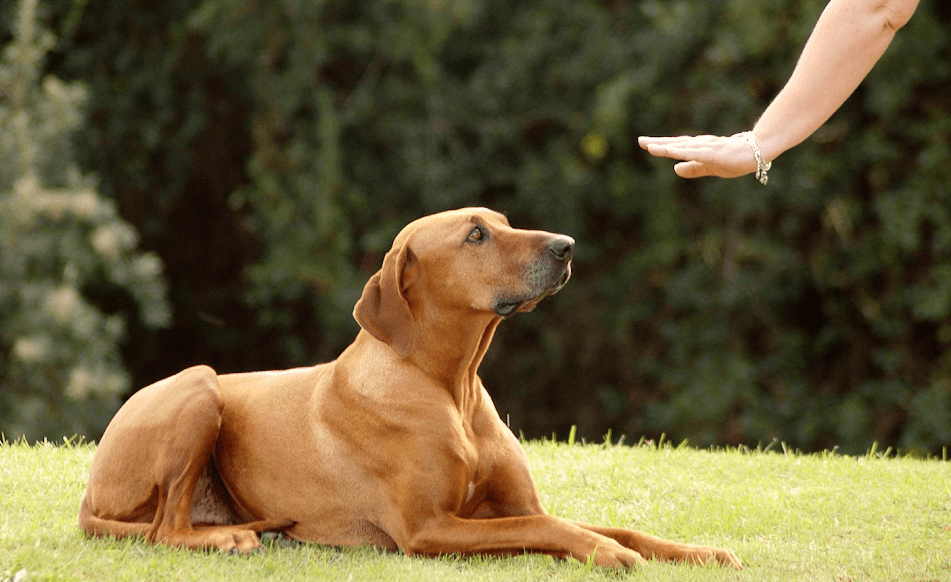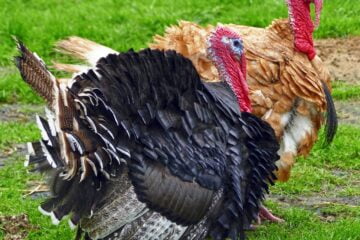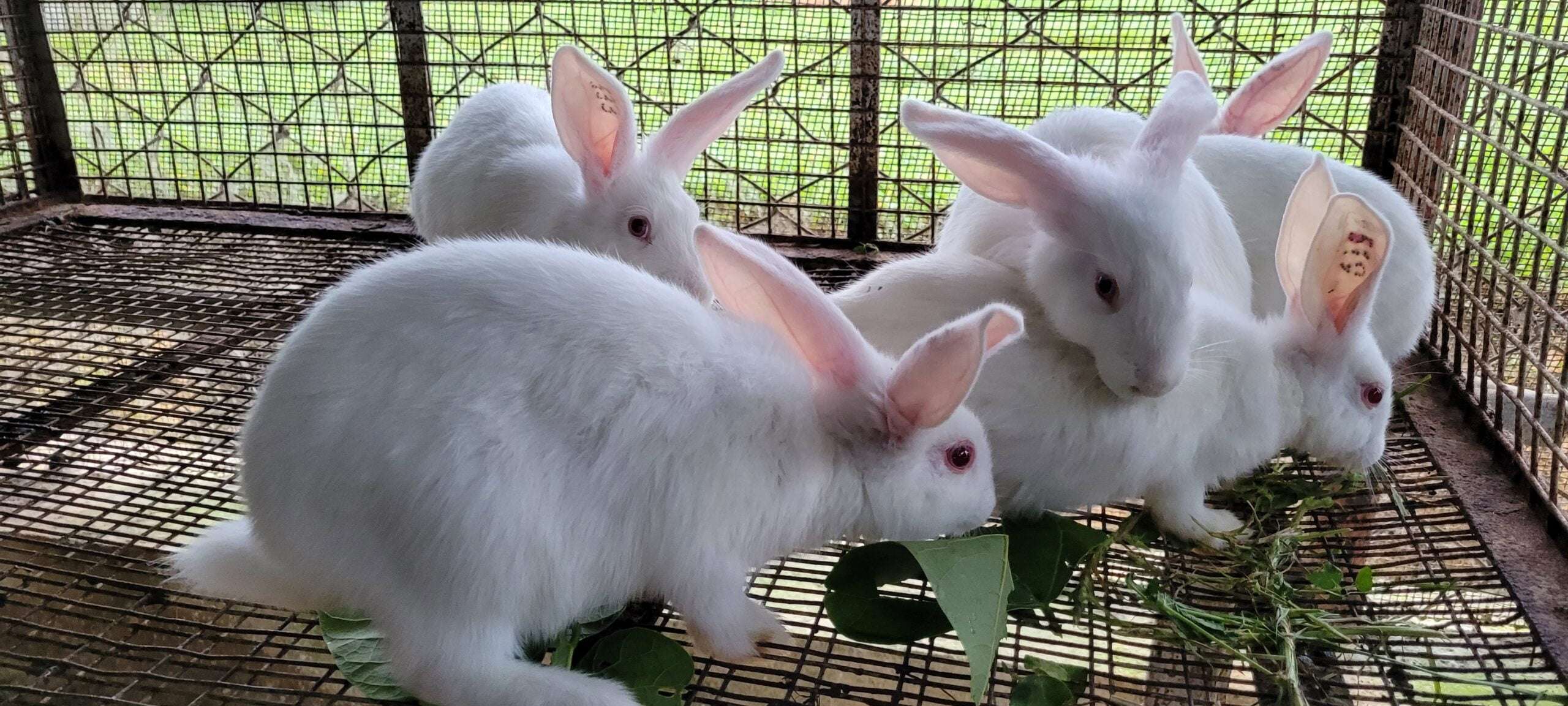Published in: September 2021
A puppy, a loyal companion, should be taught how to behave with guests who visit our home, even if we don’t immediately teach it other habits. Like training a young child to listen to instructions, guiding a puppy with the right habits is essential. Let’s explore techniques to train your puppy effectively and instill good behavior.
Puppies are naturally curious and eager to learn but may not adapt to household routines immediately. To help a new puppy acclimate, take it outside frequently, especially after meals, naps, before bed, and upon waking. Bringing it to the same outdoor spots allows it to familiarize itself with various locations and scents, easing its adjustment to new surroundings.
Consistent encouragement is key. When outside, praise each action and gently pat the puppy to show approval. If it circles around or sniffs the floor, it may indicate a need to go outside. However, not all puppies signal in the same way, so it’s essential to understand your puppy’s unique behaviors.
When a puppy makes a mistake, like urinating indoors, it shouldn’t be scolded harshly. Instead, use gentle correction. Giving too much freedom too early can lead to accidents, so supervise outdoor play carefully.
To create a sense of belonging, allow the puppy to socialize in common areas where family members gather. This makes it easier to manage its behavior.
Ten Essential Tips for Training Puppies
- Give Your Puppy a Special Name
Choose a distinct name and use it consistently. Offer small treats while calling its name so the puppy associates it positively and responds eagerly. - Teach it to Come When Called
Before moving on to advanced training, teach it the “come” command. Once it reliably responds, other lessons will follow more smoothly. - Ease Fear Around New Visitors
Puppies may feel anxious around unfamiliar people. Calmly stroke its head, neck, or collar to reassure it, helping it relax and listen to commands. - Help it Overcome Initial Fear
Puppies may experience anxiety in a new home for up to six months. Offering small treats and gentle interaction will help them understand and trust their new environment. - Teach that Rewards Must be Earned
Avoid giving food, treats, toys, or playtime without reason. Establish that rewards are earned, which encourages good behavior and reinforces discipline. - Ensure it Values its Sleeping Area
Designate a comfortable spot for rest so the puppy learns it has a safe, relaxing place to sleep and recharge. - Encourage Calmness with Visitors
A well-trained dog will respond calmly to guests by wagging its tail or lying down. Ensure your puppy recognizes you as a reliable friend and source of security. - Practice Obedience with Simple Commands
If the puppy exhibits unwanted behavior, like urinating indoors, gently correct it with a specific word or phrase. Consistency will help it understand acceptable behavior. - Teach Self-Control
Help it stay composed during excitement or stress, reinforcing the importance of obedience regardless of mood. - Use Positive Words to Bond
Puppies respond well to simple, encouraging words, especially when praised for good behavior. Positive reinforcement with friendly words and gentle encouragement strengthens their bond with you.
Important Commands and Exercises
When starting with basic training, offer treats and teach it to sit by holding the treat above its nose. Praise it as it sits down, and guide it to rest by gently pressing on its back. For car travel, introduce it to the vehicle at a young age, beginning with short trips before attempting long journeys. Ensure it’s secure with a collar and leash, and bring necessary supplies like food and water.
Avoid letting it lean out the car window; if needed, consult a vet for sedatives to ease travel-related stress.
Finally, regularly consult a vet to monitor its health and ensure it’s well-prepared to learn and follow the training effectively.
Dr. M.A. Venkatesan, Dr. S. Yogeshpriya, Dr. N. Premalatha, Department of Veterinary Medicine, Veterinary College, Orathanadu-614625.









